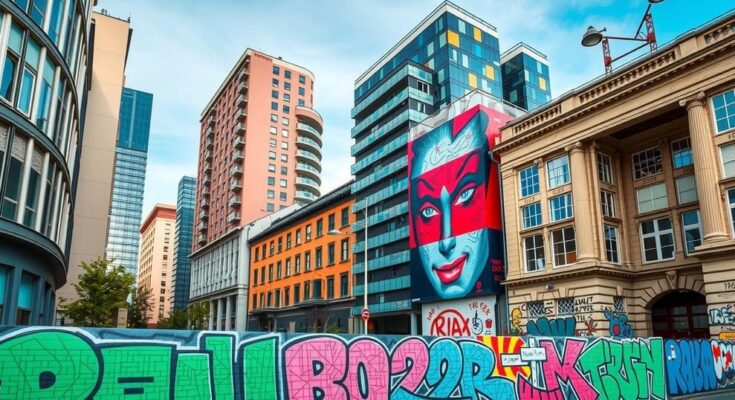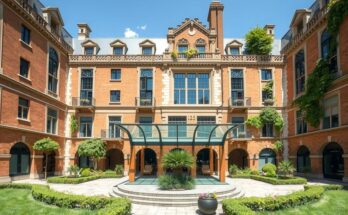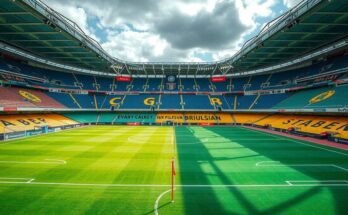Oliver Putzbach, a Berlin native, reflects on the city’s transformation, noting that historic sites like Tacheles now resemble typical train stations or shopping malls. While the economy flourishes, many longtime residents fear it’s losing its once edgy character, which had the ex-mayor declaring Berlin as “poor but sexy.” Putzbach feels the city has, in essence, “sold its soul.”
For decades marked by division and reunification, Berlin was known for being economically poorer than other European capitals. Recently, however, it has experienced substantial growth, with its economy growing by 0.8% last year, in stark contrast to a national contraction, boosting its economic output per capita higher than the national average at 54,607 euros.
According to Martin Gornig from the DIW Berlin, Berlin’s initial lack of wealth attracted young innovators, turning the city into a hub for startups, surpassing Munich with about 500 new companies founded yearly. Major firms like Zalando and N-26 have made Berlin their home, while new jobs emerge from Tesla’s nearby gigafactory and the newly opened airport.
However, this economic bloom brings its challenges. Artists and the bohemian community, once drawn to Berlin by low rents, are increasingly struggling to afford living costs as prices rise sharply. While rents have surged 32% since 2021, the average wages in Berlin still lag behind cities like Munich and Frankfurt, maintaining high local unemployment at 9.7%.
While long-time residents reminisce about the city’s alternative culture, newcomers like Sergei Egorchenko find charm remains in events like Love Parade that exemplify Berlin’s openness. Despite the perceived shift away from its rebellious roots, many still see the charm: “Some places are losing sexiness, but in general, I would say Berlin is still sexy, it’s still cool, it’s still like… wow.”
Berlin’s recent economic growth contrasts its historical low-income status, raising concerns among long-time residents about losing its bohemian identity. While the capital has become a bustling startup hub, rising rents and living costs threaten its cultural charm. Despite this change, newcomers continue to find enjoyment in its vibrant events, suggesting a balance between development and the city’s unique spirit.
Berlin’s economic rise signifies both opportunity and challenge. As investment floods in, the city faces a contradiction: thriving innovation juxtaposed against the bohemian spirit that once defined it. While longtime residents worry about the loss of culture and affordability, newer arrivals see potential in its vibrant community. The evolution of Berlin showcases a narrative of growth, yet also a reminder of the delicate balance between prosperity and preserving a city’s soul.
Original Source: m.economictimes.com



